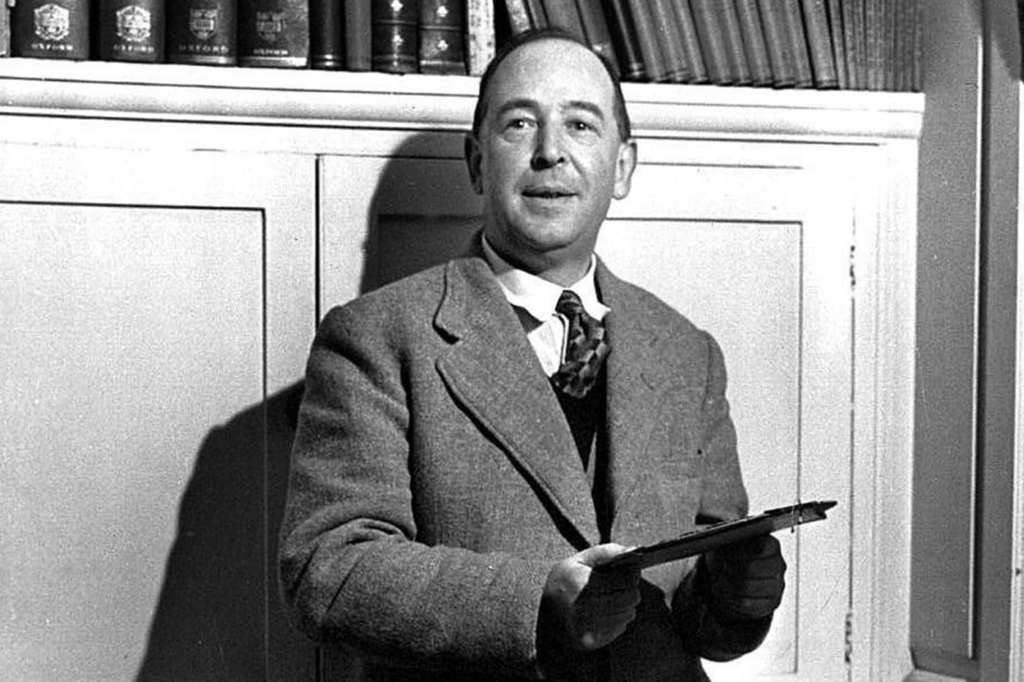President Trump’s self-identification as a wartime president invited controversy, though many had already drawn comparisons to 9/11 or World War II when personal and economic sacrifice became necessary. We were temporarily living in the Los Angeles area when COVID-19 first struck there. My neighbor, incredulous that we had not bugged out sooner, tried to make polite small talk through a cracked door. She told me that they had cancelled their trip to the Grand Canyon. “I don’t think,” she somberly explained, “we should be taking a vacation during a national emergency.”
Wartime certainly puts a damper on things, though many are beginning to tally the trade-offs. Do the blunter utilitarian calculations mean that ethics professors like me can boast, “I told you Jeremy Bentham matters,” and deploy new case studies in the years to come? (Do students even know what a trolley car is anyway?) Or should we admit that much of what passes for ethics hasn’t really prepared us for these dilemmas—this “real world” that educators and students are so fond of referencing. Our students, members of generations Y and Z, certainly shamed us in the early weeks. Over spring break, many readily broadcast #boomerremover in memes and social media while flouting the Torah’s command to respect their elders. Maybe we should be teaching more Moses and less Bentham.
The president presides over the nation’s largest classroom, of course, and set the tone by initially rallying the “bad flu season” and suicidal business owners to his cause for “Open by Easter.” He has since reconsidered, though it isn’t clear that we aren’t still counting bodies. The septuagenarian Lieutenant Governor of Texas, who has no doubt seen a lot of Westerns, bravely offered to die at the hands of savage COVIDs so we can all ride on ahead. “Don’t we know that old people die all the time?” so the reasoning goes. Seems logical if you don’t trouble yourself with statistics.
C. S. Lewis on Death and Eternal Death
Start your day with Public Discourse
Sign up and get our daily essays sent straight to your inbox.Perhaps death has become our utilitarian coin of this policy realm: counter dead people with more dead people—or other more valuable, less mortal dead people. Death is a pretty solid coin, after all. Even Jesus wept at the death of Lazarus, and Woody Allen had to admit that while he didn’t mind dying, he just didn’t want to be there when it happened. Unlike the fiat money about to be thrown from helicopters, death is a coin that is hard to devalue. Perhaps death is the trump card for my neighbor’s decision. Sacrificing—not the carb-fasting that used to feel like sacrificing, but real sacrificing—seems apropos when people are dying.
C. S. Lewis knew this line of argument when he addressed Oxford students in an evensong message in October 1939. He engaged the objections of his opponents, “How can we continue to take an interest in these placid occupations when the lives of our friends and the liberties of Europe are in the balance?” Was not scholarship a kind of fiddling while Rome burned? But Lewis upped the ante. It is not death that should concern us most: it is eternal death. And yet in the face of both, culture continues. “Human life has always been lived on the edge of a precipice,” Lewis tells us. Whether that precipice is war or plague, we cannot wait for normalcy in order to resume our vocations.
Lewis’s imperative to pursue our vocations in the face of death is compelling; and everyone really ought to wrestle with his arguments, particularly Christians trying to determine their duties and callings at this time. But while Lewis argues in this particular work—almost glibly—that it is not panache but human nature that makes us comb our hair at Thermopylae, he elsewhere acknowledges our inclination to be anxious about our futures. Even if we can soldier on in our vocations, it may be with a lot of anxiety.
Lewis’s great meditation on the future is found in a better-known work, The Screwtape Letters. There Lewis imagines the advice of Screwtape, a senior demon responsible for mentoring a younger devil, his nephew, Wormwood. Wormwood is tasked with keeping a man away from God, and Screwtape’s “letters” of advice showcase Lewis’s insights into human nature, including anxiety about our futures.
In one particular letter, Screwtape explains how both past and future are the enemies of the present. Only in the present can we exercise our virtues. Only in the present can we experience the eternity Christ won for us. It is “better” (for the devils), Screwtape tells Wormwood, if we live in the past or future. Of course, only old people and weird, scholarly types (“Read Bentham!” “Trolleycars!”) successfully do this. The way to trip up more people is to get their heads and hearts into the future. That was certainly easy for Wormwood’s Britons, fearful of their wartime future.
Lewis tells us that God does not want us to give ourselves to the future by putting our treasure there (and that treasure is a lot more than our 401(k)). All anxiety about the future feeds our vices and starves our piety. Lewis writes, as Screwtape: “[We devils] want a man hag-ridden by the future—haunted by visions of an imminent heaven or hell upon earth—ready to break the enemy’s commands in the present if by so doing we make him think he can attain the one or avert the other—dependent for his faith on the success or failure of schemes whose end he will not live to see.” What a brilliant description of every ideologue who foolishly tries to bend reality to his will (Xi Jinping), as well as every toilet paper hoarder and that guy who tried to resell 17,700 bottles of hand sanitizer.
The Future Is a Distraction
Trying to control the future is our response to anxiety. And when it turns out that our future is more uncertain than we think, and that the president, Dr. Fauci, and that guy with all the toilet paper are not in charge of that future, we are left face to face with God. Whatever our personal theodicy, an uncertain future can make our relationship with God feel quite “complicated.” Our habit of petitioning God continues, but how should we wrestle with the existential realities? Are we reluctant to face a God who not only delivers from pandemics, but allows our fallen world to suffer them in the first place?
Times of anxiety may turn us away from prayer to broadcast news, the Johns Hopkins dashboard, Netflix, or to a host of other distractions that keep us from coming face to face with God. Lewis argues that when we are reluctant to come to God, “anything or nothing is sufficient” to attract our faithless minds. Boomers and Gen Xers recall being distracted by Lewis’s first example, “a column of advertisements in yesterday’s paper.” His next example is prescient for Gens Y and Z, who live on social media: Screwtape advises Wormwood, “You can make him waste his time not only in conversation he enjoys with people whom he likes, but in conversations with those he cares nothing about on subjects that bore him.” Our endless screen-scroll, through the random musings of people we don’t even know, has replaced Lewis’s 1940s version: “staring at a dead fire in a cold room.”
We must pray to resist such spiritual ennui or what Josef Pieper rightly called acedia: spiritual restlessness. Most of us will not fall out of divine fellowship for robust, pleasurable sins (Lewis writes of this in a later work, “Screwtape Proposes a Toast”). Rather, we may be overcome by “a dreary flickering of the mind over it knows not what and knows not why, in the gratification of curiosities so feeble that the man is only half aware of them.” Binge watchers, I’m looking at you. Lewis warns against a “long, dim labyrinth of reveries. . . . [O]nce chance association has started them, the creature is too weak and fuddled to shake off.”
What crises ought to do instead, Lewis argues, is de-emphasize our worldly hopes. This includes all the things in our current utilitarian calculations—life, death, work, money, or anything else. As created beings, we must indeed make policies and trade-offs in peace or war, sickness or health. But whatever goes into our policy-making, and however many comfortable years we hope to eke out by human interventions, we must remain focused on the true hope of everlasting life and our dependence on God. Screwtape tells Wormwood how much better it would be if Britons survived the war. They could then gain false hope and settle into the world, only to die faithless in costly nursing homes. The bombs, on the other hand, remind them that death is near. And if death is near, so is God.
Faith versus the Future
With death so near to Lewis and his fellow Britons, he addressed them via the BBC in talks that would become Mere Christianity. Lewis commended to them a faith that is a refuge from our moods. Anxiety may be natural, but Christians have a supernatural remedy. In time of trouble or bad news, or even a great age of unbelief, Lewis says, our emotions will “rise up and carry out a sort of blitz” on our belief. Faith, however, is no mere emotion. It is, as Lewis describes it, “the art of holding on to things your reason has once accepted, in spite of your changing moods.”
Whatever you hope to hold on to in the coming months, whether it be your health, your work, your 401(k), or your Grand Canyon vacation, hold your faith first. It is your refuge against however many savage COVIDs, utilitarians, or trolley cars ride out against you.














